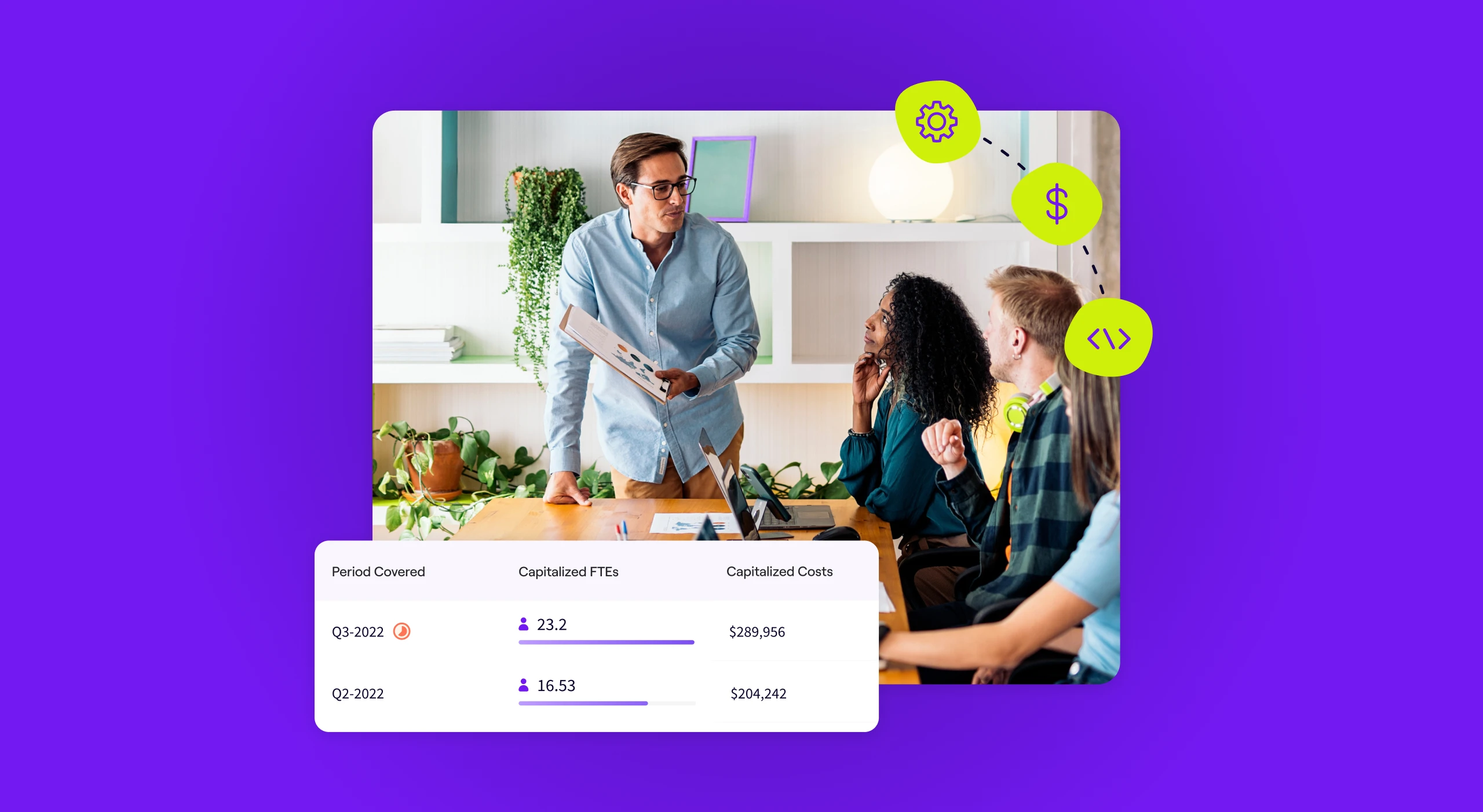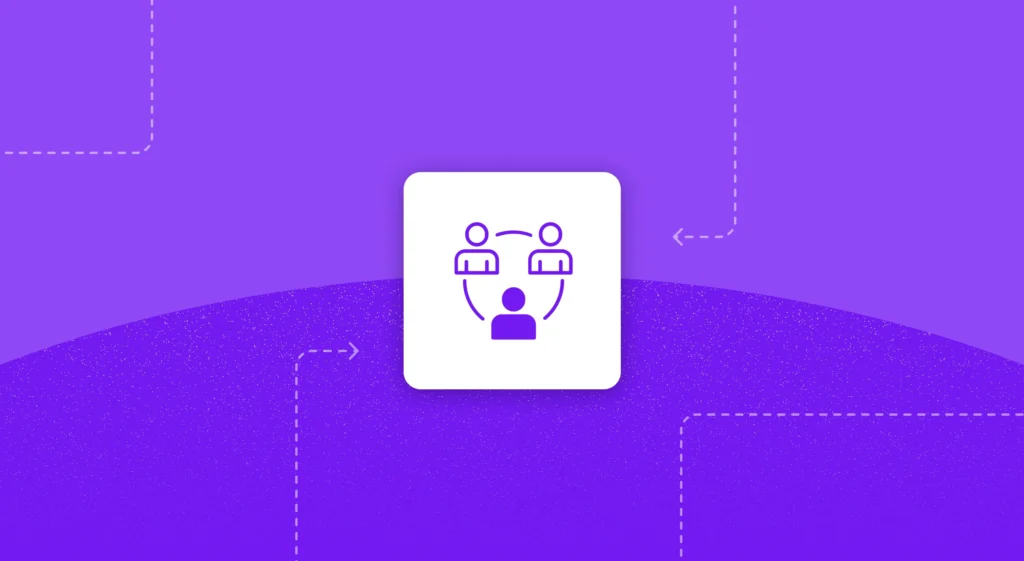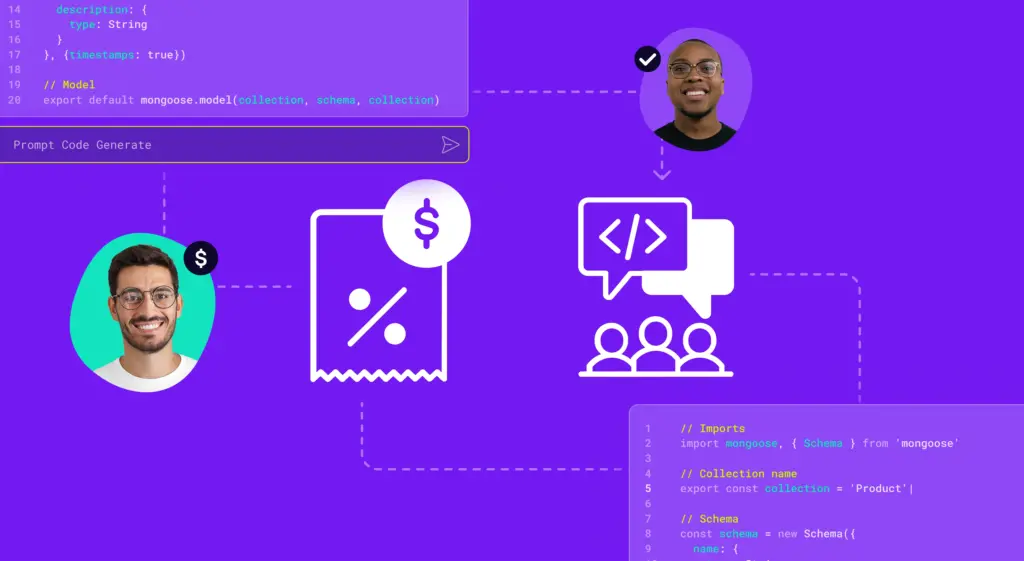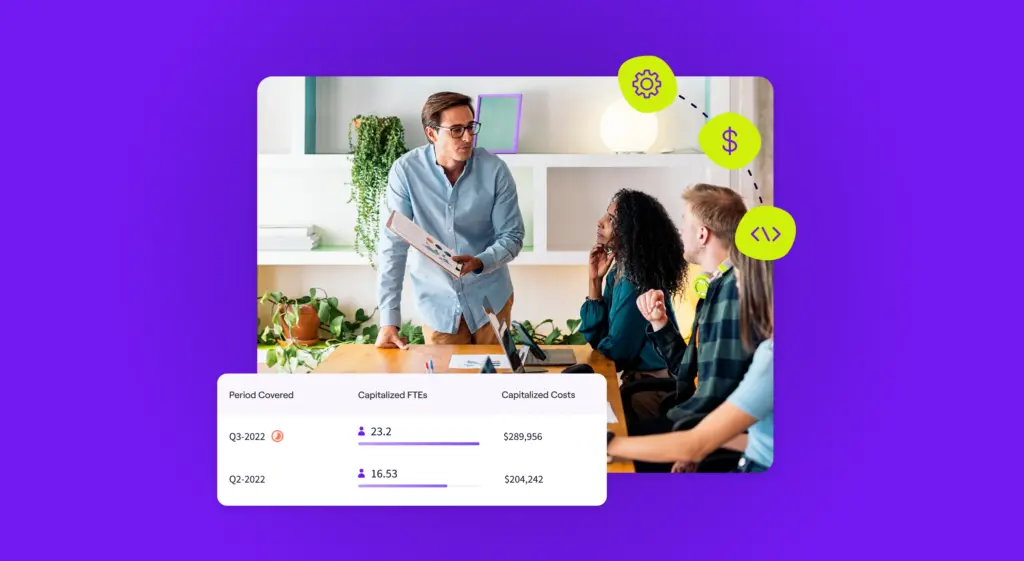At software organizations, CFOs and their teams need to be able to account for engineering work to capitalize R&D expenses. But even when everyone involved approaches the process with good intentions, the results are imprecise and rely on faulty guesswork.
The methods that engineering and finance teams are using are outdated and haven’t evolved to match the way engineers organize and complete their work today. The good news for CFOs is that a new strategy — DevFinOps — can make their accounting and financial planning far more precise while also reducing the burden on their colleagues in engineering.
Whether it’s increased audit scrutiny or complying with recent guidance from the IRS on Section 174, organizations need to be able to categorize software development work and properly identify the percentage of work that is capitalizable. With the right tools, companies can automatically visualize and understand capitalizable R&D expenses rather than relying on manual time tracking and/or guesswork.
CFOs that deploy DevFinOps to capitalize their software development expenses will gain a competitive advantage — and happier engineering and finance teams — as they save time and file taxes with confidence.
——————————————————————————————————————————
What Is Software Capitalization?
Software capitalization is an accounting practice that lists the costs of software R&D as investments rather than expenses. Reporting on capitalizable software development efforts is, in many situations, a required process from both audit and tax perspectives.
——————————————————————————————————————————
Finance Must Evolve To Match Modern Engineers
The traditional way finance teams have accounted for software development work doesn’t match the way that work is conducted. Many engineering teams have adopted Agile methodologies that complicate the process of sorting work into neat boxes, and regular context switching makes it near impossible for engineers to truly account for what they were doing.
Finance leaders need to be able to precisely identify and separate capitalizable and non-capitalizable engineering efforts. Some CFOs attempt to achieve this by forcing engineers to track time or asking engineering managers to estimate what portion of their work is capitalizable. On the other side of the organization, time tracking pulls engineers away from their actual work and saps morale. Plus, the imprecise data generated by manual tracking or week-old estimates can create friction during audit processes and pits engineering and finance teams against each other.
Fortunately, new solutions are making it possible to automate the process of identifying capitalizable expenses, lifting the burden off both engineers and finance teams.
How DevFinOps Can Help Finance Leaders Handle Software Capitalization
DevFinOps expands the scope of cloud spend optimization (FinOps) to include DevOps, integrating financial strategies and finance teams into the operations of software development. DevFinOps can automate time-consuming processes and help to more accurately capitalize costs.
For CFOs, DevFinOps replaces an engineer or engineering manager’s estimates with automated, SOC 1-compliant data — providing new levels of accuracy and transparency, delivered in a format that can be easily understood and leveraged by finance teams.
Jellyfish DevFinOps integrates directly into the tools that engineering organizations already use, including source code management, issue tracking, CI/CD, incident management, and roadmapping tools. The platform extracts rich data signals from engineering work without disrupting workflows or connecting to clunky business intelligence tools. That means finance teams get accurate, real-time data without asking anything of the engineers themselves.
Finance teams are no longer forced to meticulously scrutinize time-tracking data to ensure its eligibility for capitalization. Instead, Jellyfish DevFinOps automatically generates finance-ready reports on product development efforts. Jellyfish’s automated solution reduces a significant headache for finance teams: instead of having to chase engineers for information and ask questions about the data, they immediately receive the reports they need in a format they can understand.
The best part? The data generated by Jellyfish DevFinOps is SOC 1-compliant, leveraged by publicly traded, SOX-compliant organizations.
Jellyfish DevFinOps delivers clarity and confidence for CFOs charged with capitalizing software costs. Try the solution for yourself here.






